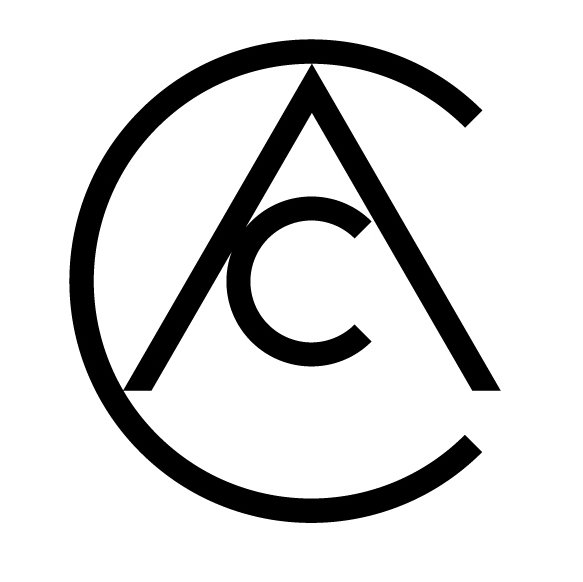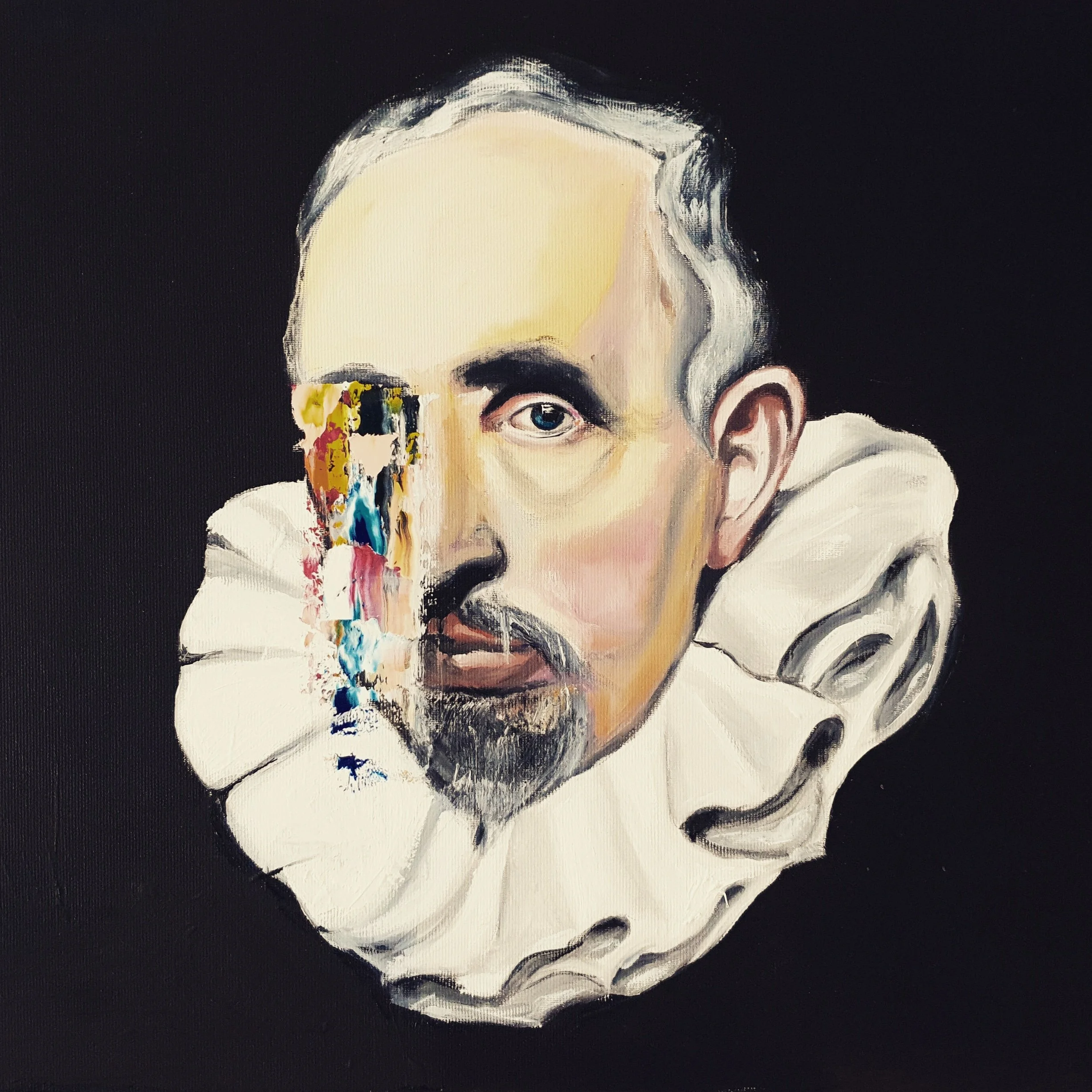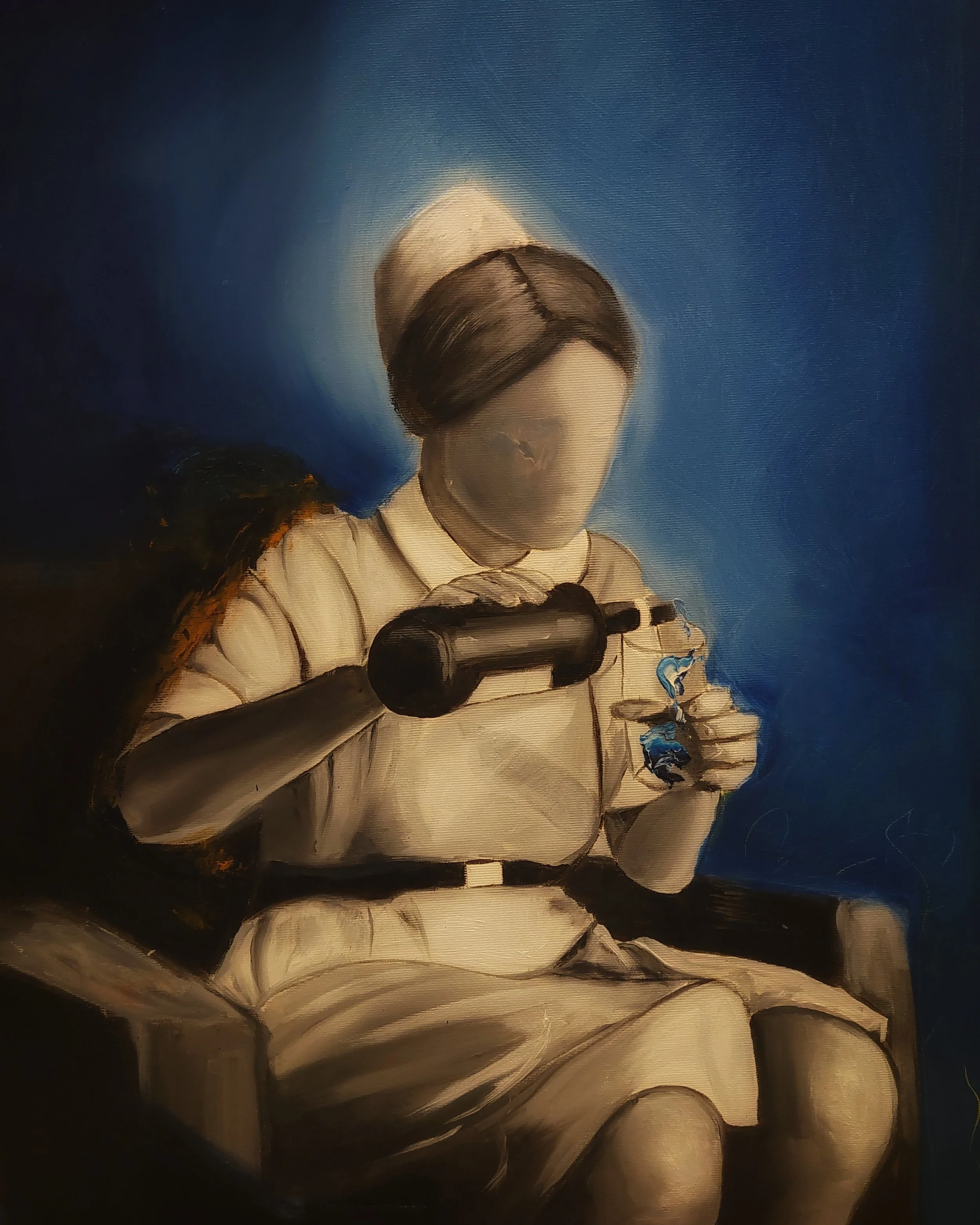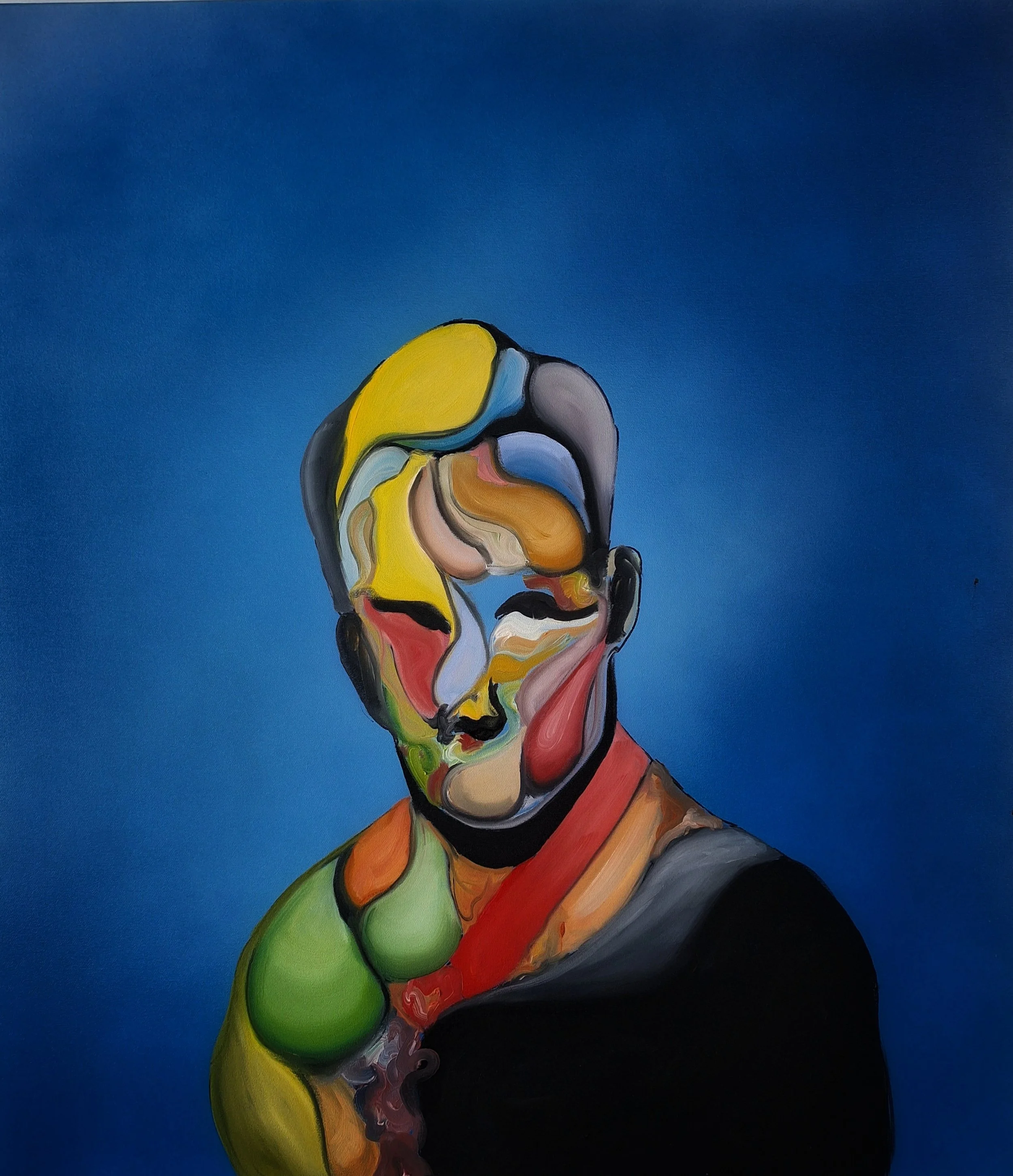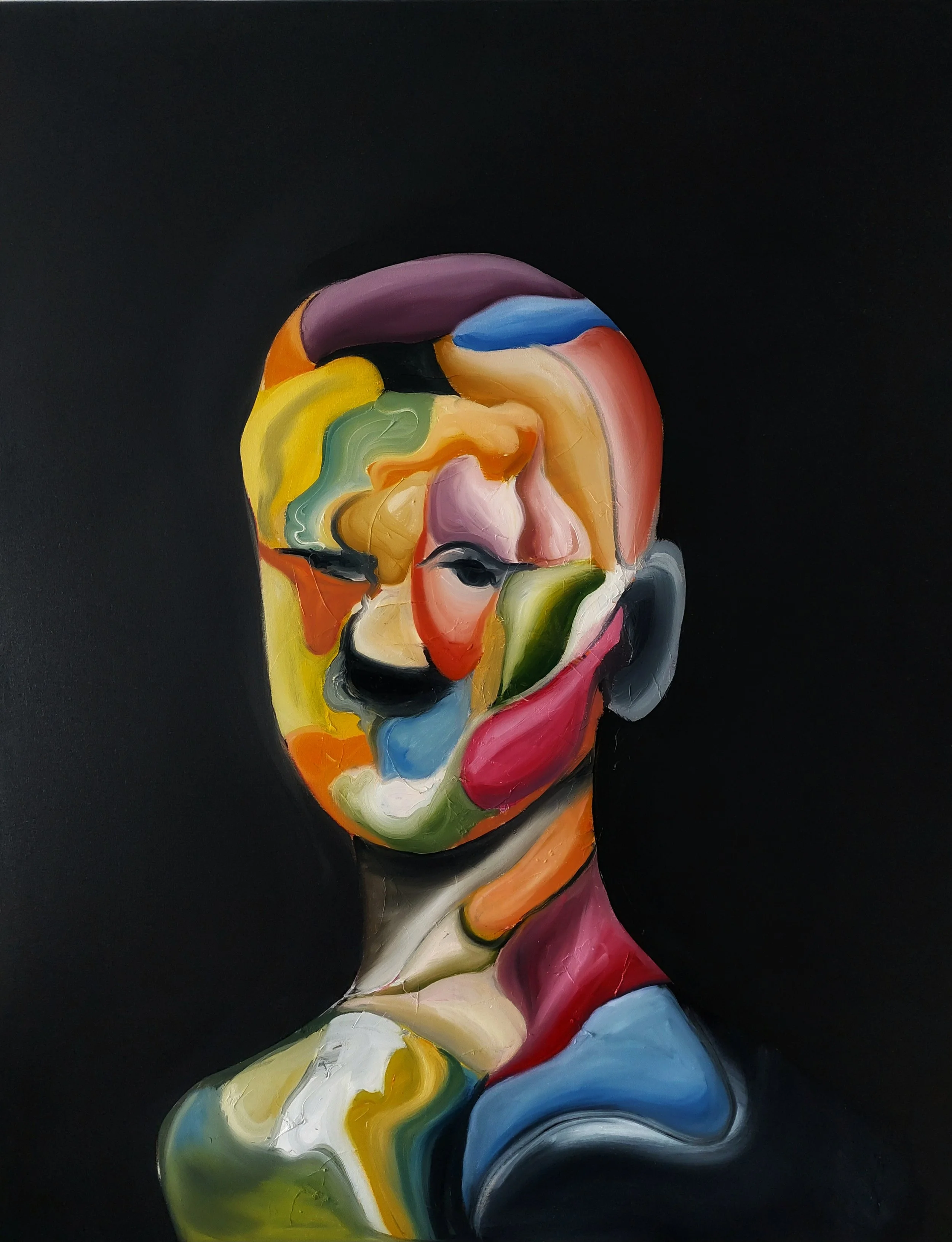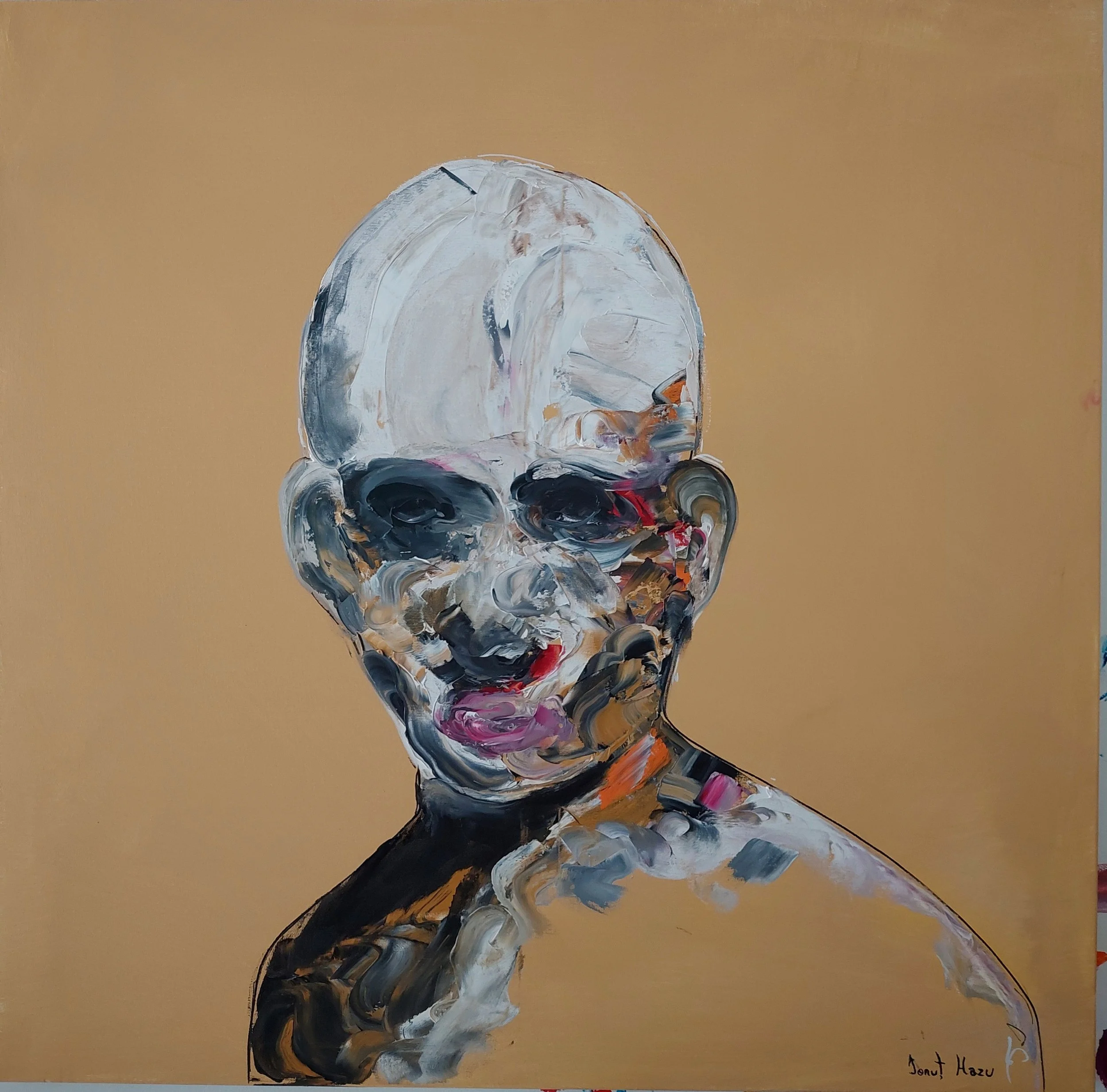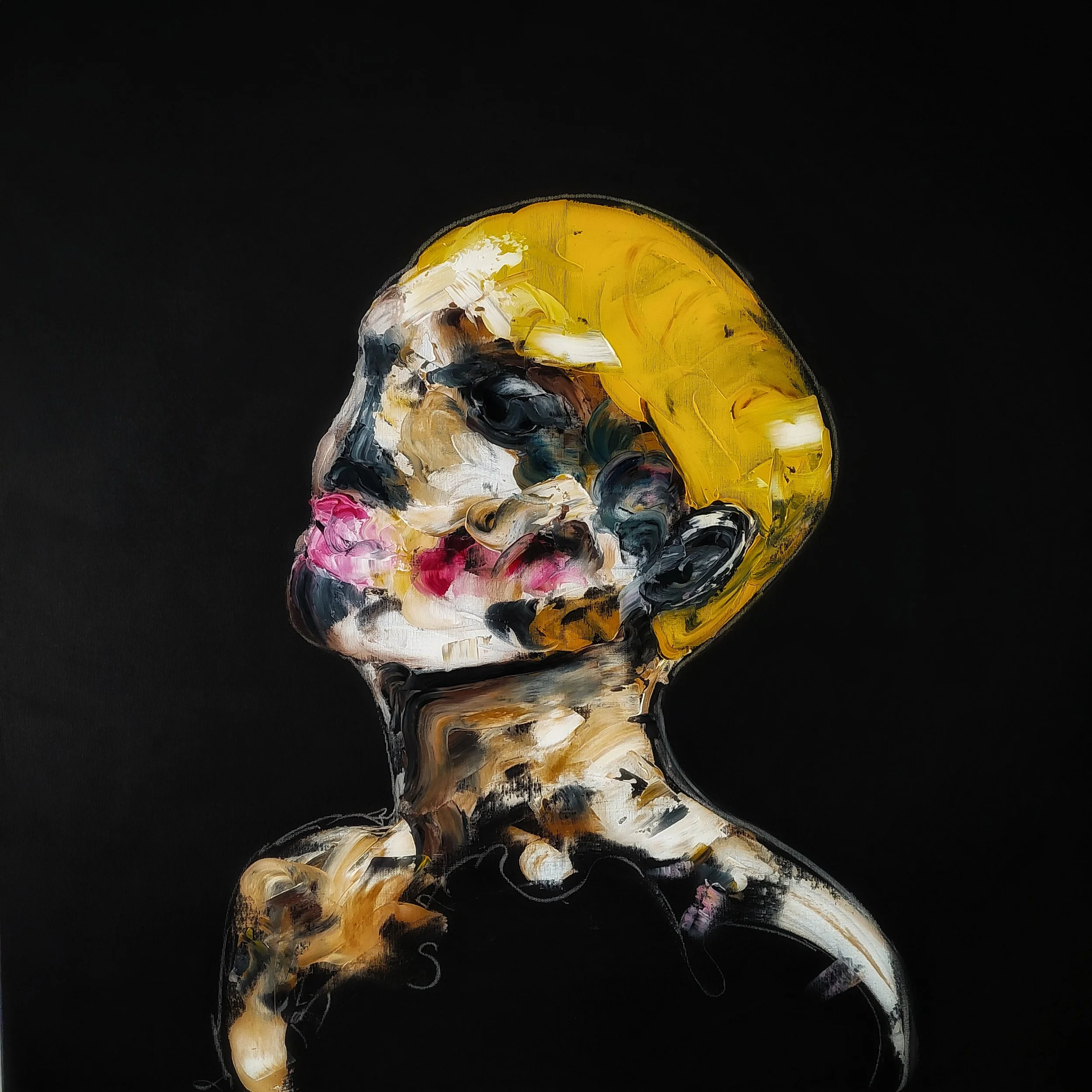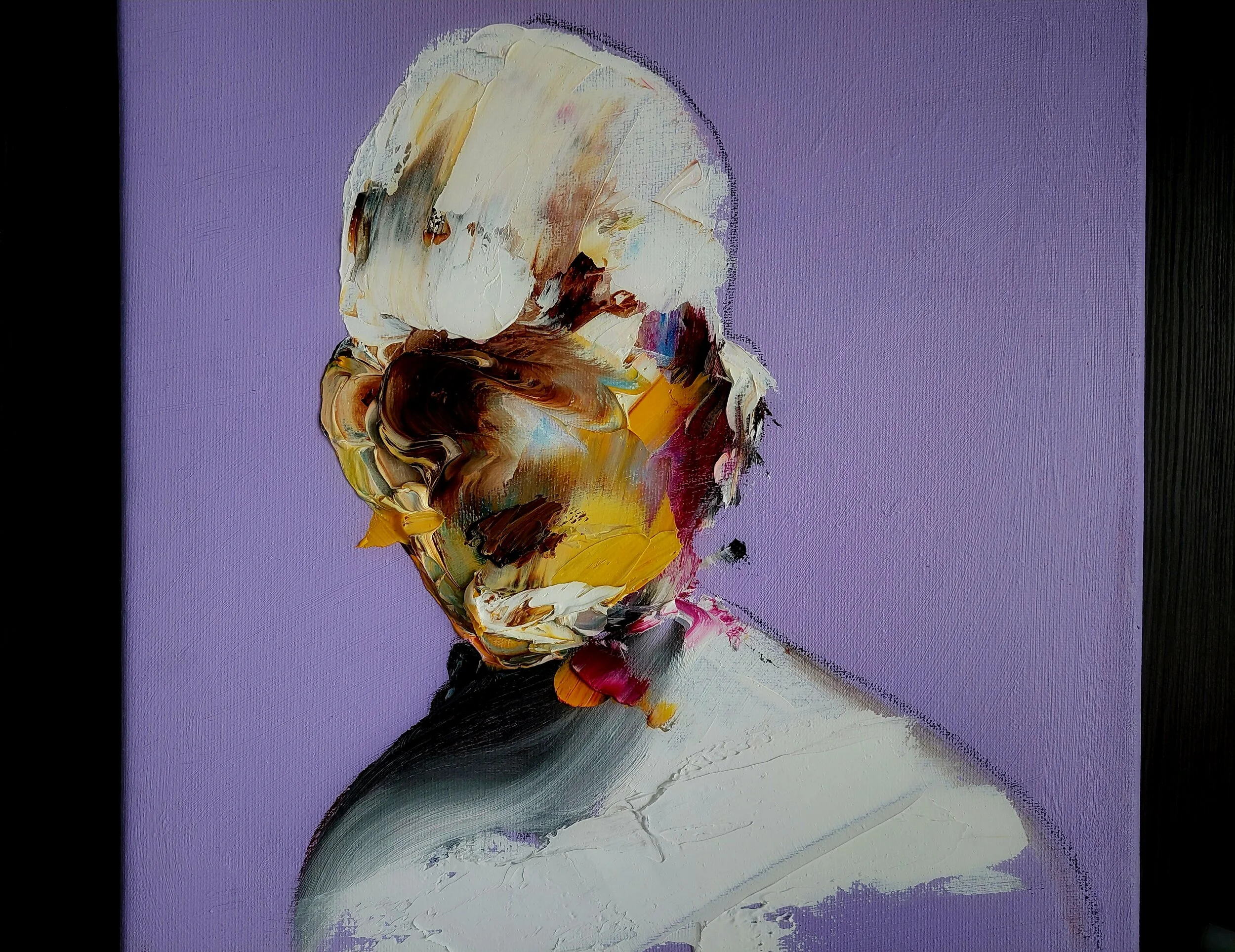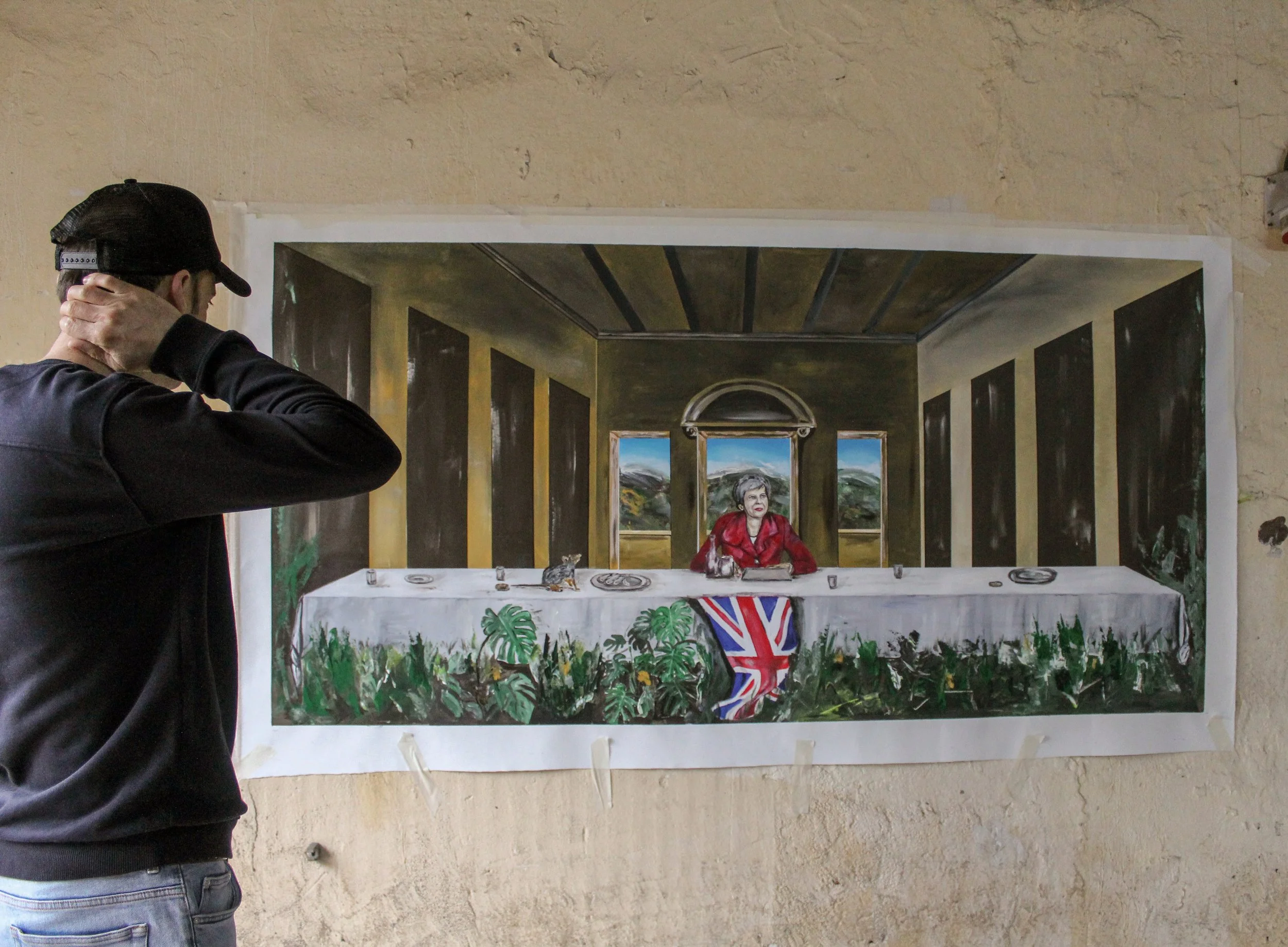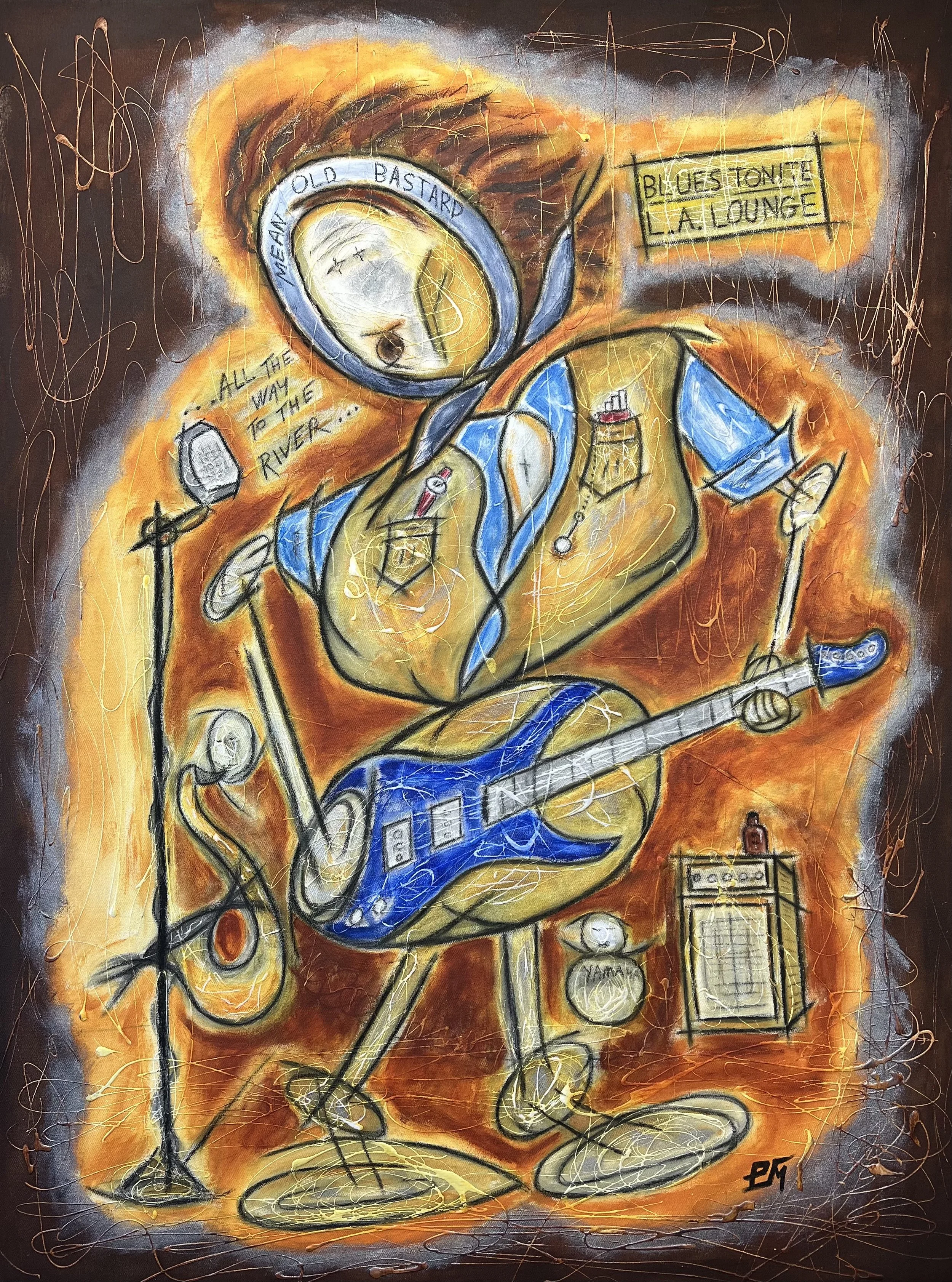Interview with Hazu Ionut
Growing up in Bacau, Romania, without formal artistic training, how did your immediate surroundings and personal experiences influence the themes and emotions that prevail in your artwork? Can you discuss any specific cultural, historical, or environmental elements that persistently shape your creative output?
Bacaul, like other Romanian cities, experienced the communist era. This period of history left an imprint on my artistic sensibility shaping my views on society, politics and human nature. Personal experiences such as childhood, family life and relationships have undoubtedly influenced my works of art.
Reflecting on your self-taught path, could you delve into the challenges and breakthroughs you encountered while mastering your craft? What were some pivotal moments or decisions that propelled your transition from local experimentation to international acclaim?
Without an artistic community it was difficult to receive feedback and support. It was hard to believe in my own abilities and overcome self-doubt. Building an online presence helped me reach a wider audience and connect with potential art collectors. It should be mentioned that these are some possibilities and the more complex and nuanced challenges are deeply embedded in the subconscious.
Your art is renowned for its vibrant use of color and complex forms. Could you walk us through a detailed description of how you approach the creation of a new piece, from conceptualization to the selection of colors and materials? How do you balance intuition and deliberate planning in your artistic process?
Many times I start from an idea, but the end of the work can be determined by my mood that day. My approach to creating art can be influenced by my self-taught environment. I rely on intuition and experiments to create complex forms in which the vibration of color predominates. However, I also use deliberate planning to ensure that the pieces of art are cohesive and well executed.
Your portfolio exhibits a rich diversity of materials and techniques. Could you elaborate on your experimental approach to integrating new artistic methods or materials? What inspires you to push the boundaries of traditional painting, and how do you assess the success of these experiments?
In my portfolio you will find a variety of styles: figurative, portraits, landscapes, etc. I use a lot of experimentation to solve the creative challenge and exceed my limit resulting in unique and striking works of art.
Many of your works suggest deeper narratives or emotions through abstract forms. What concepts or stories are you most passionate about exploring in your art? How do you translate these abstract ideas into visual expressions that resonate with viewers?
Social and political problems. I use art to comment on social and political issues such as inequality, injustice and environmental concerns. In a collection of mine that he called "Degradation of humanity" I put on canvas complex forms in which the human side is in degradation. Degradation of humanity refers to the decline or deterioration of the quality of life, behavior and general well-being of the human race. The causes of this degradation can be many, including environmental factors, social or political changes, economic disparities, technological advances or cultural changes.
Who are the artists or artistic movements that have significantly influenced your work? Could you discuss how these influences are reflected in your pieces, and how they have helped you forge your unique artistic style?
I think I'm still looking for a unique style and a unique imprint to define my artworks. I don't particularly have a favorite painter, but I am attracted to the artwork of artists such as Ilie Boca, Francis Bacon and Lucian Freud.
What reactions or engagements do you aim to elicit from your audience when they encounter your artwork? Is there a particular emotional or intellectual response you hope to invoke, and how do you craft your works to achieve this?
I put on my canvas exactly the moods I have. It is possible for two different people looking at a personal work of art to have two different states from each other. It is widely believed that the ability of works of art to arouse emotions in the public is a perfectly natural and unproblematic fact. It seems obvious that they can convey sadness, joy, anger, etc.
As an artist from Eastern Europe, in what ways do regional history and culture inform your work? Could you provide examples of how specific cultural narratives or historical events are embedded in your paintings?
Many Eastern European artists draw heavily on their region's rich history and complex cultural narratives. These are just a few examples of how Eastern European history and culture can inform the work. The region's history of political and cultural divisions made me explore themes of nationalism, identity and belonging in which I used symbols, images and narratives. The possibilities are endless, and the region's rich heritage continues to inspire me.
Looking ahead, what new themes or artistic challenges are you eager to tackle in your future projects? How do you envision the evolution of your artistic practice in the coming years, and are there any radical shifts you are contemplating?
Climate Change and Environmental Issues: Raising awareness of climate change and environmental issues. My future in art depends on creativity, imagination and courage to continue to push the limits and explore new and interesting possibilities.
With a diverse global audience and works in various corners of the world, what kind of legacy do you wish to establish through your art? What philosophical messages or ideas do you intend to leave for future generations of artists and art enthusiasts?
By creating new and innovative works of art, I hope to leave a lasting mark in the world of art. I hope that my work will raise awareness of important issues to challenge power structures and inspire social change. Leaving behind works of art that provoke thinking from a visual point of view, I hope to leave a legacy that will be appreciated by the next generations of artists.
